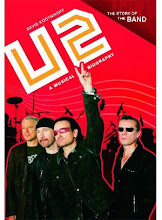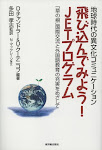“The electronic age...angelizes man, disembodies him. Turns him into software.” ~ M.M.One key for unlocking Understanding Media's central thesis is to grasp Marshall McLuhan’s idea of utopia. As he notes, “The computer, in short, promises by technology a Pentecostal condition of universal understanding and unity." For McLuhan, utopia is the unified consciousness of the awakened individual. This sense of wholeness, Donald Theall suggests, “is justified and reconciled with his Catholic orientation as a sacramentalizing of the material world, not an etherealizing of it through some movement into a transcendent spirituality.”
The contrast between hot and cool mediums is intrinsic to McLuhan’s pursuit of utopia. We can see how they have played out in relation to Twitter and Facebook via the Arab Spring, or more recently with the Kony 2012 viral video. Electricity, through the “cool” Internet, invigorates with the power of a Christian Pentecost. However, unlike radio with its ability to incite “hot” passions, cool media promotes a more measured “all depth experience."
Totalitarian or authoritarian governments, such as in Egypt, which literally switched off the Internet in January 2011, or in China where the government controls the Internet via its Great Firewall, rely on closed systems to maintain control and enforce a conventional status quo. As McLuhan writes: “Such is the plight of the representatives of ‘conventional wisdom’…innovation is for them not novelty but annihilation."
One of the defining skills of this optimal awareness is recognition that consciousness depends on its environment. As with Wyndham Lewis’s Vorticist paintings or Sheila Watson’s concept of “figures in a ground,” consciousness is at one with its environment, not above or below, but within and perpetually engaged in an intersubjective relationship. For McLuhan, this has the potential to be translated into a unified consciousness that is at one with its field – the medium and the message. The way to this condition is through a proper awareness of what the environment is doing and saying. How, not only what, is the question.

































